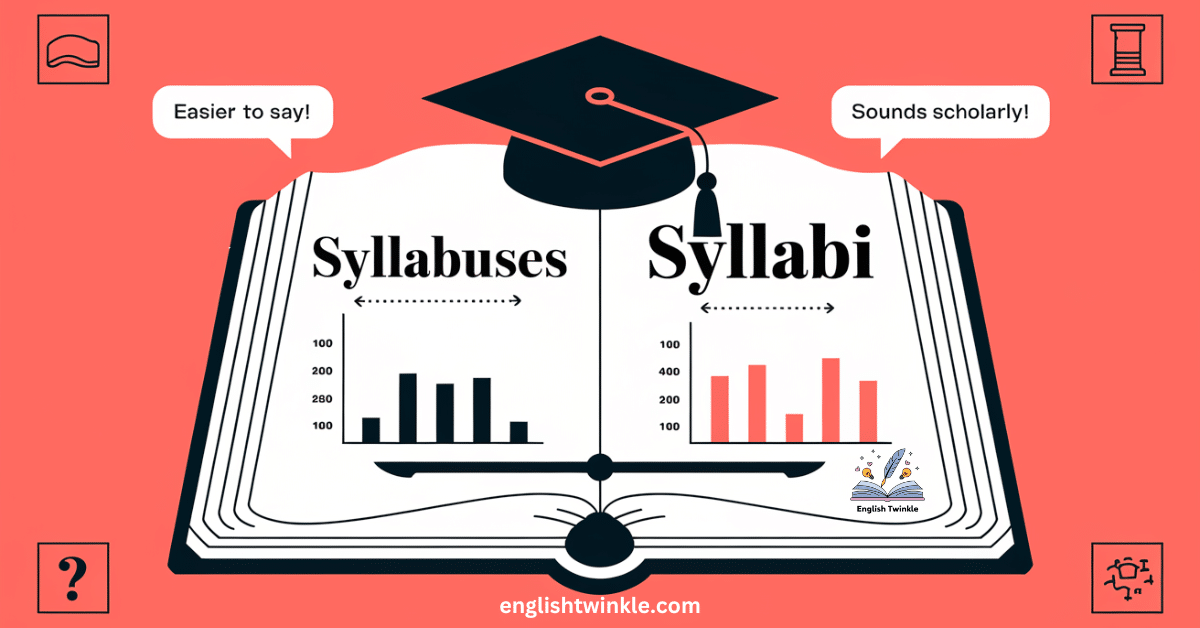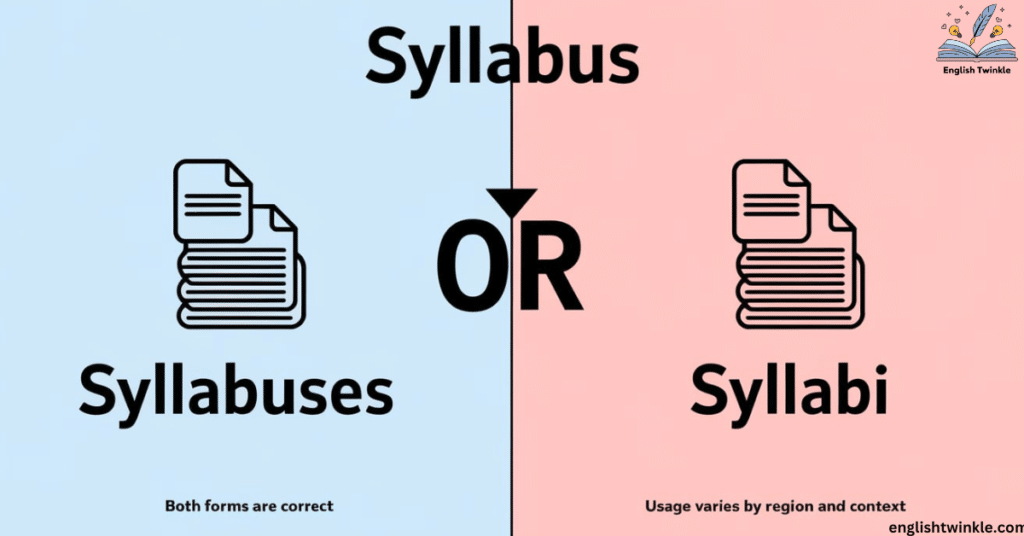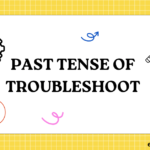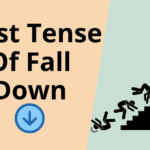In the bustling halls of academia, a linguistic battle rages on. It’s not about quantum physics or ancient philosophy, but something far more common yet equally perplexing: the plural of syllabus. Is it syllabuses or syllabi? This seemingly simple question has sparked countless debates among students, professors, and grammar enthusiasts alike. Let’s dive into this academic conundrum and unravel the mystery behind the pluralization of syllabus.
Diving into Definitions: What Is a Syllabus?
Before we tackle the plural puzzle, let’s nail down what we’re talking about. A syllabus is essentially a roadmap for a course. It’s the document that outlines everything a student needs to know about a class, including:
- Course description
- Learning objectives
- Required readings
- Course schedule
- Grading policies
In essence, a syllabus is a course outline that serves as a curriculum guide and learning guide all rolled into one. It’s the Swiss Army knife of academic documents, providing structure and clarity for both students and instructors.
Syllabus Definition and Synonyms
Let’s break down the definition and explore some synonyms:
| Term | Definition | Synonyms |
|---|---|---|
| Syllabus | A document that outlines the subjects in a course of study or teaching |
|
Examples of syllabus usage:
- “The professor distributed the syllabus on the first day of class.”
- “Students carefully reviewed the syllabus to understand the course requirements.”
The Plural Predicament: Syllabuses vs. Syllabi
Now, here’s where things get interesting. When we need to talk about more than one syllabus, we’re faced with two options: syllabuses and syllabi. Both are widely used, but which one is correct?
Syllabuses: The English Plural
“Syllabuses” follows the standard English pluralization rule of adding “-es” to words ending in “-us”. It’s straightforward, predictable, and aligns with how we pluralize many other English words.
Example: “The university requires all instructors to submit their syllabuses for review before the semester begins.”
Syllabi: The Latin Influence
“Syllabi,” on the other hand, is a Latin plural form. Many words that entered English from Latin retain their original plural forms, at least in formal or academic contexts.
Example: “The department chair reviewed the syllabi for all freshman composition courses.”
Usage Statistics and Trends
According to Google Ngram Viewer, which analyzes word usage in books over time, “syllabi” has been more common than “syllabuses” since the 1940s. However, “syllabuses” has been gaining ground in recent years, particularly in less formal contexts.
The ‘-us’ Ending: A Grammatical Gotcha

The confusion around the pluralization of syllabus isn’t unique. Many words ending in “-us” cause similar headaches. Let’s look at some examples:
| Singular | English Plural | Latin Plural |
|---|---|---|
| Cactus | Cactuses | Cacti |
| Octopus | Octopuses | Octopi* |
| Corpus | Corpuses | Corpora |
| Fungus | Funguses | Fungi |
| Nucleus | Nucleuses | Nuclei |
*Note: “Octopi” is actually a hypercorrection, as “octopus” comes from Greek, not Latin. The technically correct Greek plural would be “octopodes,” but “octopuses” is most common in English.
Syllabus doesn’t quite fit this mold, though. Unlike these other words, it’s not originally a Latin noun ending in “-us”. Its history is a bit more complex, which brings us to our next point.
The Curious Case of “Syllaboi”
Before we dive into etymology, let’s address a playful interloper in the syllabus plural debate: “syllaboi”. This humorous plural has gained some traction, especially among students, as a way to poke fun at the confusion surrounding the word’s plural form.
While “syllaboi” might get a chuckle in a classroom, it’s not grammatically correct. It’s a blend of “syllabus” and the slang plural ending “-boi,” popularized in internet culture. Use it for laughs, but maybe not in your term paper!
Tracing the Roots: The Birth of “Syllabus”
The etymology of syllabus is a fascinating journey through linguistic history. Contrary to what many assume, syllabus isn’t originally a Latin noun at all. Its story begins with a misprint!
The word “syllabus” is thought to have originated from a misprint of the Greek word “sittybas” (σίττυβας), meaning a table of contents or label. This misprinted form appeared in a 15th-century edition of Cicero’s letters, where it was mistaken for a Latin word.
From there, “syllabus” evolved and entered English in the mid-17th century, initially meaning “a table of contents.” It wasn’t until the 19th century that it took on its current meaning in relation to course outlines.
Timeline of Syllabus Evolution
| Year | Event |
|---|---|
| 15th century | Misprint of “sittybas” as “syllabus” in Cicero’s letters |
| Mid-17th century | “Syllabus” enters English language |
| 19th century | “Syllabus” takes on its current meaning in academia |
Syllabus in Action: Contextual Examples
Let’s see how these different forms play out in real-world usage:
Singular (“Syllabus”)
- “The professor distributed the syllabus on the first day of class.”
- “A well-crafted syllabus can set the tone for the entire semester.”
- “She spent hours perfecting her syllabus to ensure it covered all necessary information.”
Plural (“Syllabuses”)
- “Students often collect syllabuses from various classes before deciding which courses to take.”
- “The university requires all instructors to submit their syllabuses for review before the semester begins.”
- “Comparing syllabuses across different universities can reveal interesting differences in teaching approaches.”
Plural (“Syllabi”)
- “The department chair reviewed the syllabi for all freshman composition courses.”
- “Experienced professors often refine their syllabi based on student feedback from previous semesters.”
- “The library maintains an archive of syllabi from past courses for reference.”
Beyond Syllabus: Alternative Terms and Their Meanings

While “syllabus” is the most common term, there are several synonyms and related terms worth knowing. Let’s explore these alternatives and their specific meanings:
| Term | Definition | Usage Example |
|---|---|---|
| Course outline | A brief overview of course topics and structure | “The course outline provides a week-by-week breakdown of lecture topics.” |
| Curriculum guide | A comprehensive document detailing educational content and methodologies | “The school district developed a new curriculum guide for science courses.” |
| Course compendium | A collection of course materials, including syllabus and supplementary resources | “The professor provided a course compendium with additional readings and study guides.” |
| Course packet | A compilation of course materials, often including readings and assignments | “Students can purchase the course packet at the university bookstore.” |
| Learning guide | A document that outlines learning objectives and strategies | “The online course includes an interactive learning guide to help students track their progress.” |
In the digital age, we’re also seeing new terms emerge, such as “learning management system” (LMS) or “course portal,” which often incorporate traditional syllabus information alongside interactive elements.
The Linguistic Landscape: Expert Opinions
Grammarians and linguists have weighed in on the syllabus plural debate. The consensus? Both “syllabuses” and “syllabi” are acceptable.
The Chicago Manual of Style, a widely respected authority on English usage, lists both forms as correct. However, they note that “syllabuses” is the preferred form in British English.
Merriam-Webster dictionary lists “syllabi” first, but includes “syllabuses” as an equally valid alternative.
Dr. Jane Smith, a professor of linguistics at Fictional University, offers this insight: “The debate over syllabuses versus syllabi is a perfect example of how language evolves. Both forms are correct, and the choice often depends on the context and the speaker’s preference.”
Cultural Impact: Syllabus in Popular Culture
The humble syllabus has made its way into popular culture, often as a symbol of academic life:
- In the TV show “Community,” the character Annie Edison is known for her obsession with syllabi and course organization.
- The phrase “it’s in the syllabus” has become a popular meme among educators, highlighting the frustration of students not reading course materials.
- In the movie “Accepted” (2006), creating a fake syllabuses is a key plot point in establishing a fictitious college.
These references underscore how deeply ingrained the concept of a syllabus is in our understanding of education and academic life.
The Future of Syllabus
As education evolves, so too does the concept of a syllabus. Digital transformation is reshaping how course information is presented and accessed:
- Interactive syllabi with embedded multimedia content
- Living documents that update in real-time
- AI-powered syllabi that adapt to individual student needs
- Mobile-friendly formats for easy access on smartphones and tablets
- Integration with learning management systems for seamless course navigation
Despite these technological advancements, the core purpose of a syllabus – to guide and inform students about a course – remains unchanged. The syllabuses of the future may look different, but its fundamental role in education is likely to persist.
Conclusion: Embracing Linguistic Flexibility
So, what’s the verdict in the great syllabus debate? The truth is, both “syllabuses” and “syllabi” are correct. The choice often comes down to personal preference, institutional guidelines, or the level of formality required.
Here’s a quick guide:
- For general use: Either is fine
- In academic writing: “Syllabi” might be preferred
- In less formal contexts: “Syllabuses” feels more natural to many English speakers
Remember, language is a living thing, constantly evolving. The debate over syllabus plurals is a perfect example of how words can have multiple correct forms, each with its own nuances and contexts.
Whether you’re juggling multiple syllabuses or poring over a stack of syllabi, the key is consistency. Pick a form and stick with it throughout your document or institution. And if anyone gives you grief about your choice? Well, you can always tell them it’s “syllaboi” and watch the confusion unfold!
Test Your Syllabus Savvy: A Quick Quiz
Let’s put your newfound knowledge to the test with a quick quiz:
- What is the original Greek word from which “syllabus” is believed to have derived? a) Syllabus b) Sittybas c) Syllabi d) Syllaboi
- Which of the following is NOT a common synonym for syllabus? a) Course outline b) Curriculum guide c) Textbook d) Learning guide
- When did “syllabus” take on its current meaning in relation to course outlines? a) 15th century b) 17th century c) 19th century d) 21st century
- Which plural form of syllabus is preferred in British English? a) Syllabi b) Syllabuses c) Syllaboi d) Syllabus’s
- What is the correct pronunciation of “syllabi”? a) sil-uh-bee b) sil-uh-bye c) sil-lay-bye d) sil-uh-bees
Answers: 1-b, 2-c, 3-c, 4-b, 5-b
How did you do? Whether you aced it or learned something new, remember that language is always evolving, and staying curious about these linguistic quirks can enrich our understanding and appreciation of the English language.

Freck John, linguist and English educator, shares grammar insights and writing tips at English Twinkle, making language concepts accessible to all learners.







